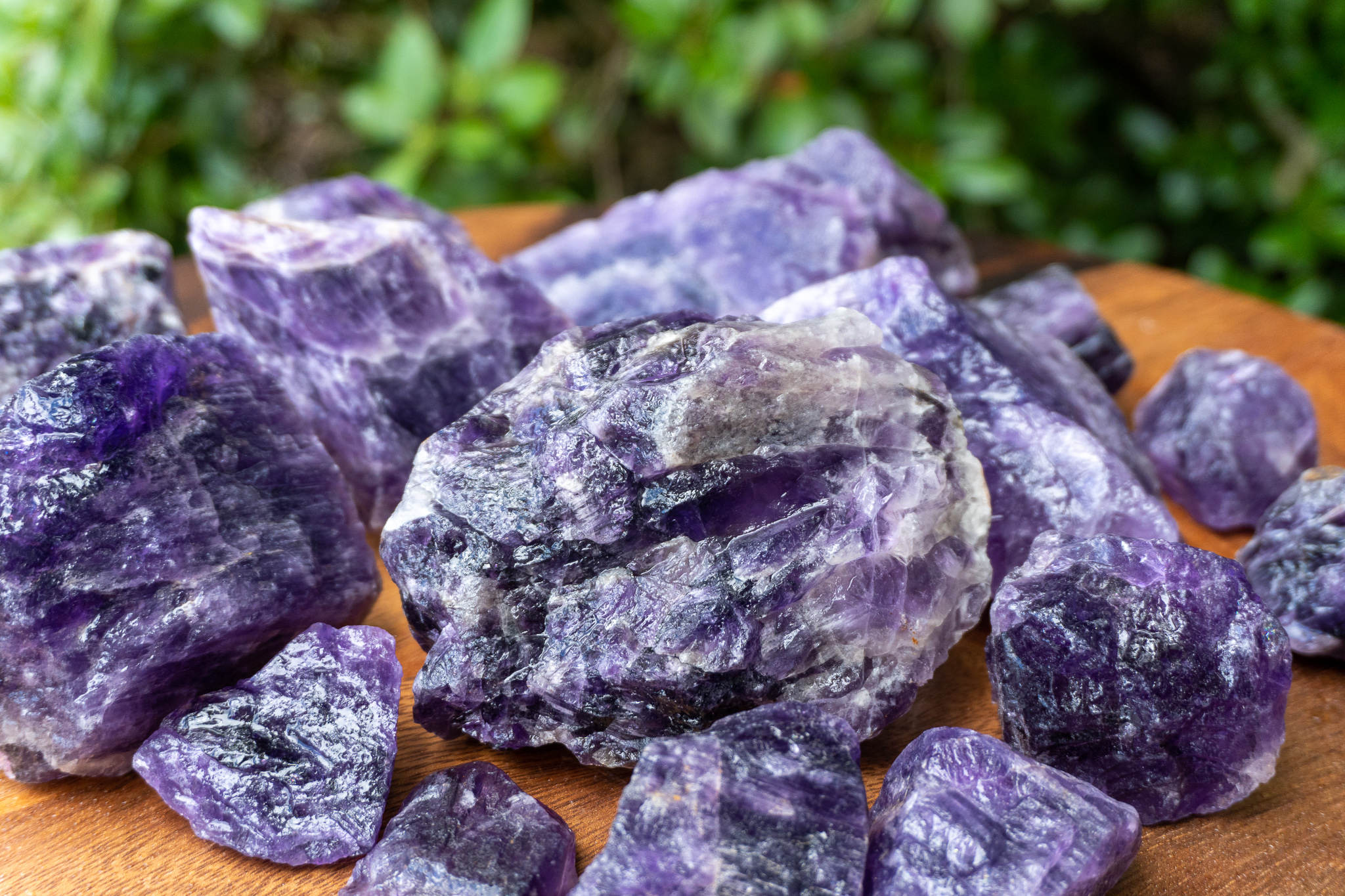The CEO of the Rwanda Development Board (RDB), Francis Gatare, has stated that there are many misconceptions about Rwanda’s mining sector, with some even believing that the country lacks mineral resources. He asserted that such people should be ashamed of their ignorance.
He made these remarks on Friday, February 2, 2024, during the first day of Rwanda Day, held in Washington, D.C., USA, while leading a discussion on investments by the Rwandan diaspora in their home country.
Francis Gatare emphasized that Rwanda’s mining sector is thriving and rich in various types of minerals.
“The mining sector is often misunderstood, and some people still believe that Rwanda does not engage in mining. They should be ashamed of themselves, truly ashamed,” he said.
He reinforced his point by asking Shawn McCormick, the CEO of Trinity Metals Rwanda, about his perspective on the sector’s performance in the country.
Trinity Metals Rwanda was established after merging three companies that mined coltan, cassiterite, and wolfram. These companies included Rutongo Mines, Eurotrade International Ltd (which operated in Rulindo District), and Piran Rwanda Ltd (which operated in Rwamagana District).
McCormick stated that his company mines tungsten, tantalum, and tin—minerals widely used in manufacturing mobile phones and other electronic devices.
“Rwanda is among the top 10 countries producing these minerals. The United States does not mine them at all, which is why they are considered critical resources for the country,” he said.
He further highlighted the sector’s progress, noting that Trinity Metals Rwanda employs 6,700 workers, including nine experts in the field and a workforce that is 14% female.
The company has invested $30 million (over 30 billion Rwandan francs) in mining activities and the construction of processing plants for mineral refining.

“There are great opportunities in Rwanda’s mining sector. However, significant investments are needed to fully exploit these resources. When we mine or use explosives, we need to know exactly what we are uncovering,” McCormick explained.
“We need more women in the sector and more specialized skills because the opportunities in Rwanda are vast,” he added.
McCormick also shared that his motivation to expand operations in Rwanda stemmed from a conversation with President Paul Kagame after the 1994 Genocide against the Tutsi. During their discussion, he committed to contributing to Rwanda’s development through investment, knowledge-sharing, and his passion for mining.
He further revealed that lithium mining will soon commence in Rwanda. This was confirmed earlier this week when the Rwandan government signed an agreement with Rio Tinto Minerals Development Company Limited to collaborate on lithium extraction in the Western Province.
In November 2023, the Rwanda Mining Board (RMB) reported that in the third quarter of 2023, Rwanda’s mineral exports generated over $241 million (approximately 295 billion Rwandan francs).
The mining production figures for various minerals were as follows:
- Cassiterite:
- July: 294,717 kg ($5.3 million)
- August: 415,482 kg ($6.9 million)
- September: 440,176 kg ($6.7 million)
- Coltan:
- July: 189,183 kg ($8.1 million)
- August: 141,658 kg ($5.8 million)
- September: 208,155 kg ($9.3 million)
- Wolfram:
- July: 237,116 kg ($3.04 million)
- August: 198,409 kg ($2.6 million)
- September: 218,802 kg ($2.7 million)
- Gold:
- July: 1,155 kg ($73.1 million)
- August: 1,000 kg ($62.1 million)
- September: 845 kg ($52.6 million)
Other minerals generated:
- July: $1.08 million
- August: $1.2 million
- September: $713,000
In total, Rwanda exported over 5,500 tons of minerals in the third quarter of 2023, generating more than $241.8 million.
